15 Career Insights From Benjamin Franklin
Plough deep while sluggards sleep and you shall have corn to sell and to keep.

Employ thy time well, if thou meanest to gain leisure.
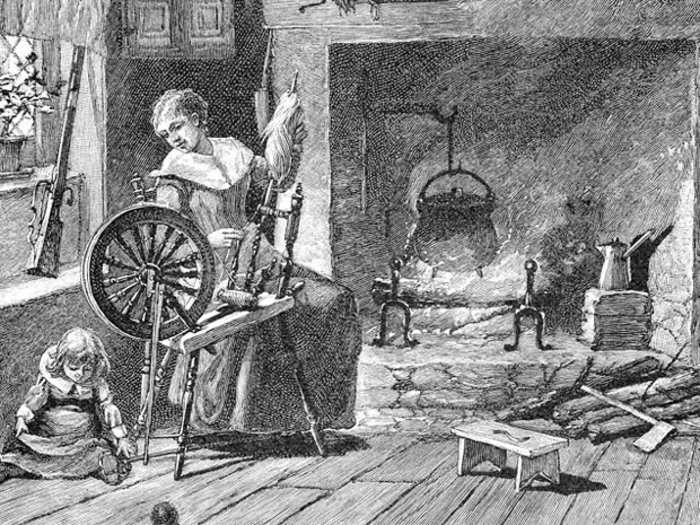
If you want to be done with your work, you must first finish it. This means that you should be as productive as possible during your work hours, and always place work ethics above your leisure time.
As a young man, Franklin "seemed to work all the time, and the citizens of Philadelphia began to notice the diligent young businessman."
If you were a servant, would you not be ashamed that a good master should catch you idle? Then if you are your own master, be ashamed to catch yourself idle.
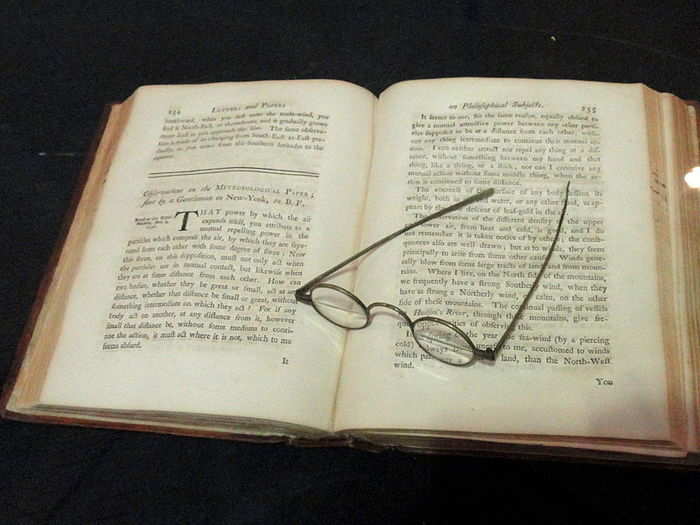
An easy way to motivate yourself is to imagine that you were working for a favorite boss or mentor, and whether you'd be disappointing them.
It's hard to argue that Franklin spent much time idle. In addition to his accomplishments as a statesman, he was a prolific inventor, notably creating bifocals and the lightning rod.
At the working man’s house, hunger looks in but dares not enter.
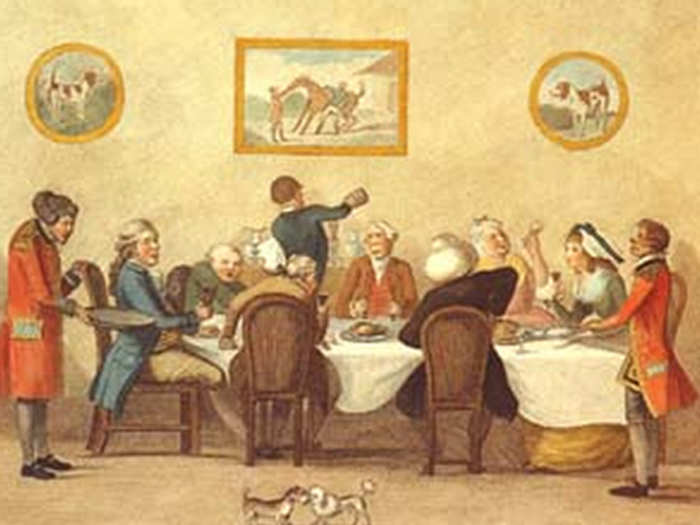
Born into a humble family, Franklin ran away at a young age to start a new life and worked hard to become one of the most powerful people in the country.
Diligence is the mother of good luck.
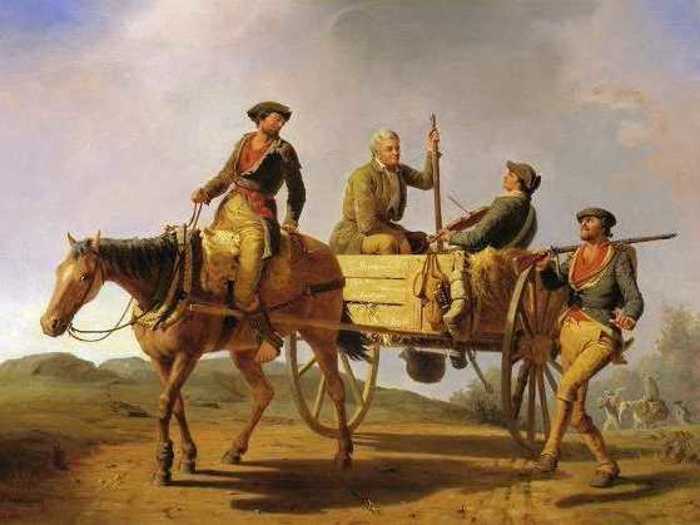
In other words, you make your own luck.
Franklin certainly worked hard. Though he was ambivalent about religion himself, Franklin was a believer in the Puritan work ethic.
He that pursues two hares at once, does not catch one and lets the other go.

Although Franklin pursued an insane variety of careers, he tried to focus on one thing at a time.
Many serial multitaskers would do well to remember that multitasking can make you dumb.
“Tell me and I forget, teach me and I may remember, involve me and I learn.”
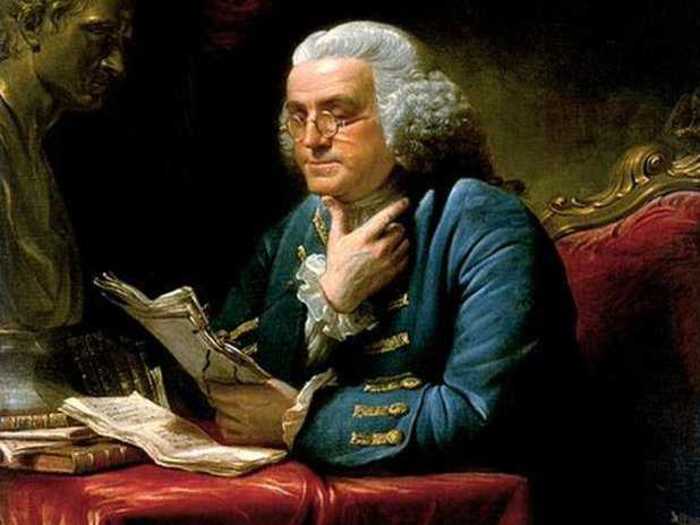
Franklin's ambivalence toward formal instruction may be why he dropped out of school at a young age.
Instead he learned things the old fashioned way, by working for his blacksmith father and apprenticing at the printing shop of his brother James.
Franklin left his apprenticeship too, however, and by the age of 17 was living on his own in Philadelphia and learning by trial and error.
Work while it is called today, for you know not how much you may be hindered tomorrow.
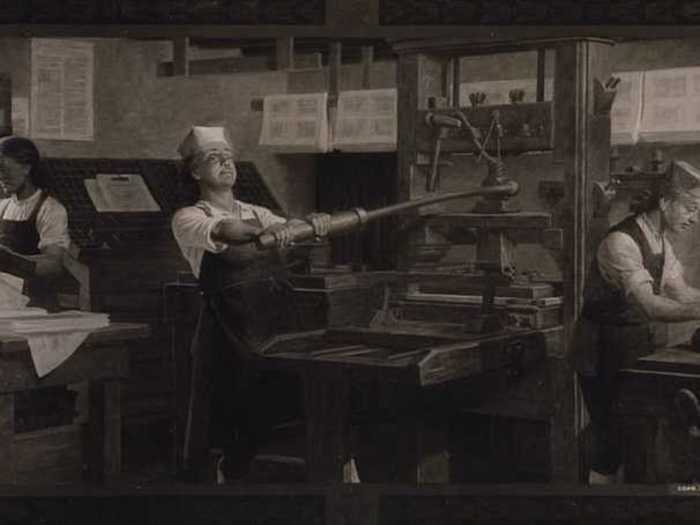
This is the reason procrastination is so dangerous. A crisis, meeting, or personal problem can easily eat up huge hunks of a day.
When you're free to work, work hard, and get the most important things done.
Franklin's schedule, printed in his autobiography, makes it clear he lived this maxim. Not only did he work long hours, he rose early to plan his day, and reflected on his successes or failures at its end.
Not to oversee workmen is to leave them your purse open.

Research has found that accepting small thefts in an organization ends up leading to larger fraud. Creating an honest and ethical workplace takes constant work.
A slip of the foot you may soon recover, but a slip of the tongue you may never get over.
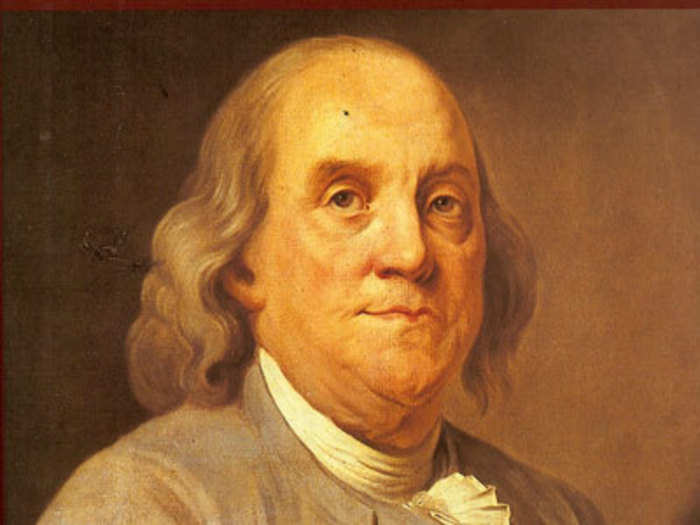
In other words, be very, very careful when talking trash about people.
Gossiping at the office is almost never a good idea. If there are issues, then it's far better to address them openly.
Another Franklin aphorism went even further: “Speak ill of no man, but speak all the good you know of everybody.”
To be humble to superiors is duty, to equals courtesy, to inferiors nobleness.
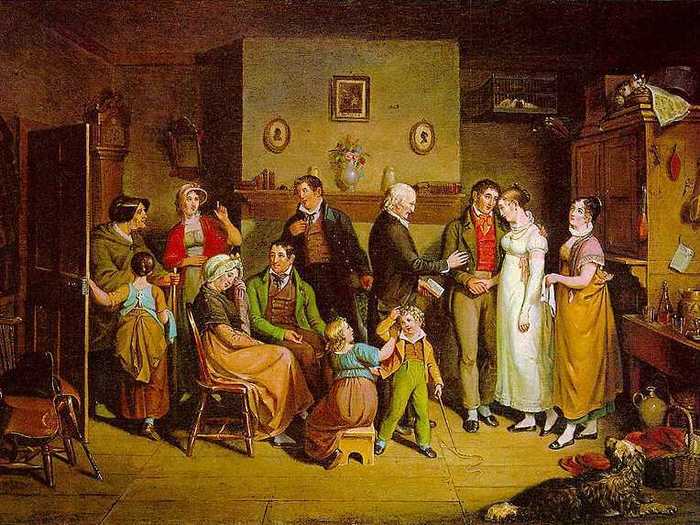
While being too humble is a mistake, as Facebook COO Sheryl Sandberg has observed, humility is a valuable quality.
First of all, it's a good way to get people to like you.
Second, a humble attitude is necessary if you want to learn from people around you — whether your boss or your intern.
Nothing brings more pain than too much pleasure; nothing more bondage than too much liberty.
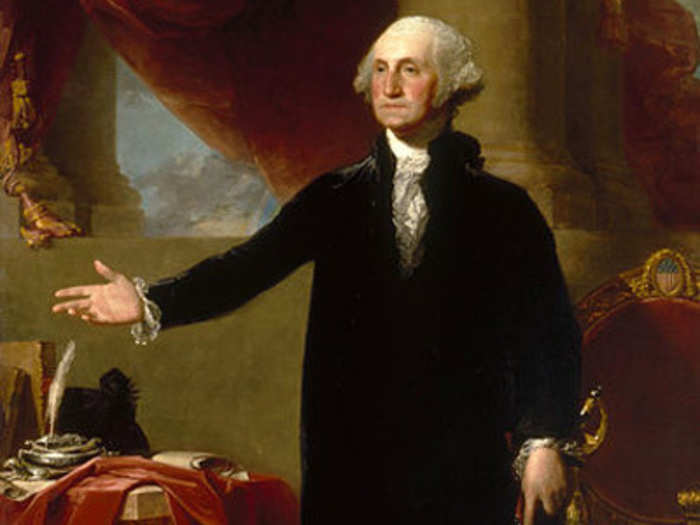
An abundance of choice sounds nice in theory, but can actually lead to paralysis, indecision, and stress.
The best path is balanced.
“It is the first responsibility of every citizen to question authority.”

Franklin helped define the philosophy that defined America at the beginning, both justifying the revolution and preparing a system that was conducive to reform.
This is good advice for your career too. As an employee, it is also your duty to come up with your own ideas to give feedback to your bosses about when processes can be improved.
The noblest question in the world is 'What good may I do in it?'
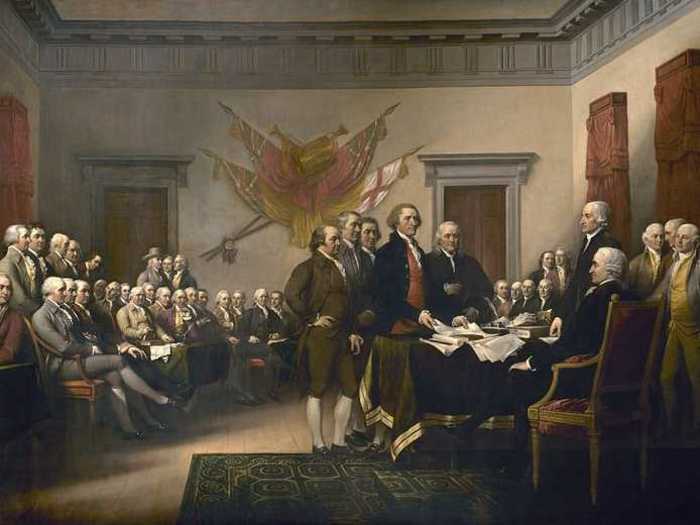
Frankin's Puritan upbringing made sure he always had a stalwart commitment to values like egalitarianism, hard work, honesty, and charity.
Wharton professor Adam Grant's research focuses on the idea that people aren't just motivated by money, but by the positive impact they have on others.
One study he did found that call center workers brought in 171% more revenue after oen of the students they were raising money for came in and told them how a scholarship had changed his life.
“If you’re going through hell, keep going.”
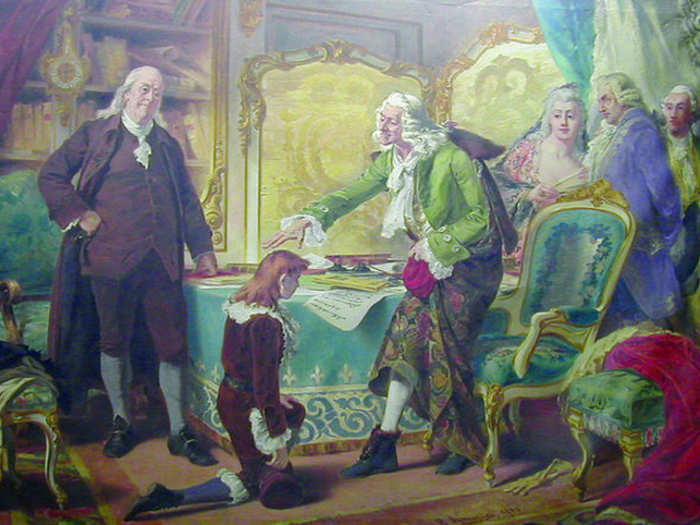
In other words, keep going until things get better. Don't give up.
Popular Right Now
Popular Keywords
Advertisement
